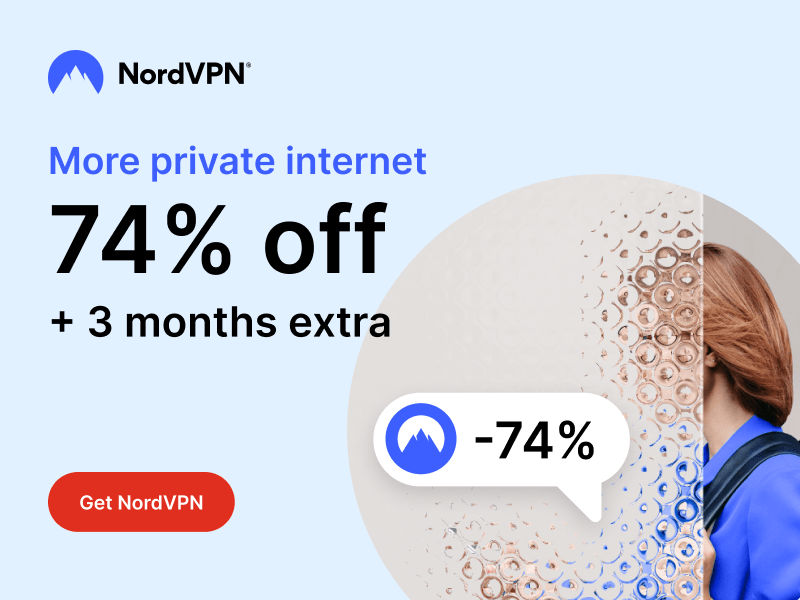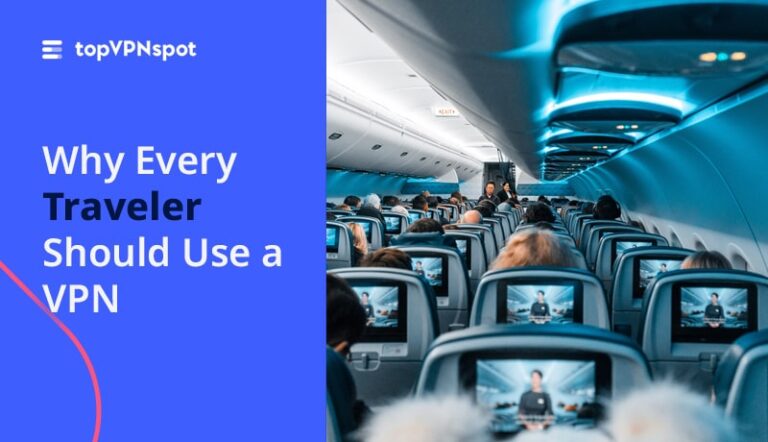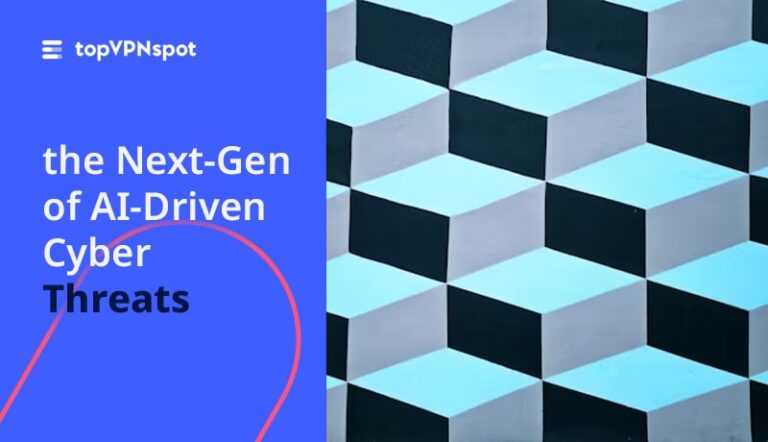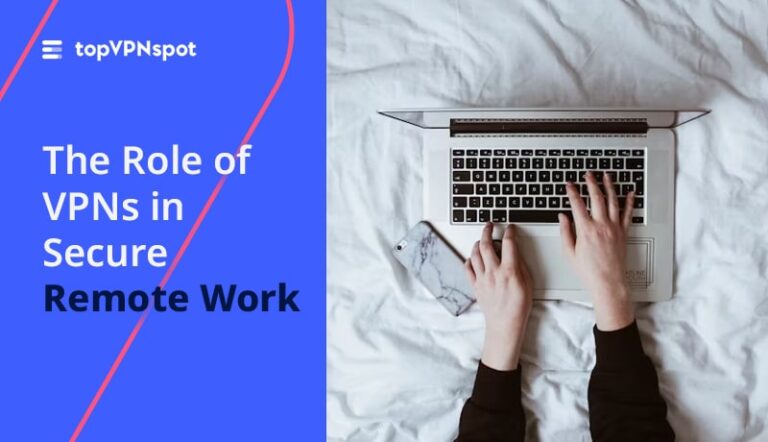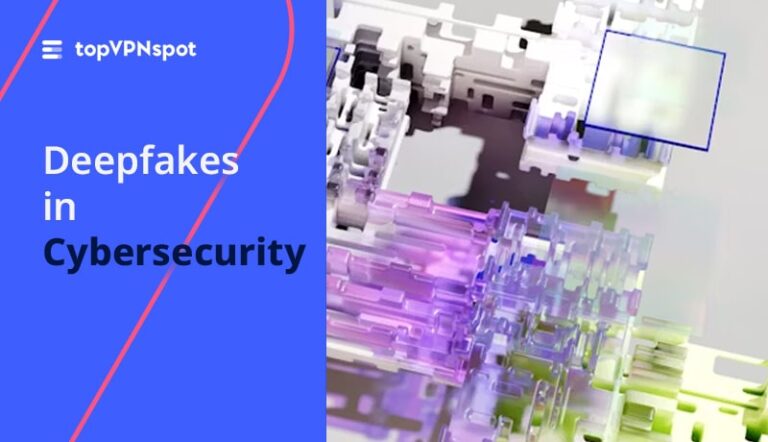Can a VPN protect me from hackers?
Shield yourself from cyber threats: Learn how a VPN can be your frontline defense against hackers and data breaches
April 2024
In our increasingly digital world, the threat of hacking is a persistent concern for anyone using the internet. While various security measures can help protect your online presence, Virtual Private Networks (VPNs) stand out as one of the best defenses against hackers.
How VPNs Shield You from Hackers
VPNs encrypt your internet traffic, creating a secure tunnel between your device and the internet. This encryption makes it incredibly difficult for hackers to intercept and read your data. Whether you’re accessing sensitive information, conducting online transactions, or simply browsing, a VPN ensures that your data remains confidential.
Moreover, VPNs mask your IP address by routing your traffic through a remote server. This makes it challenging for hackers to pinpoint your actual location and launch targeted attacks. By concealing your IP address, a VPN adds an additional layer of anonymity and security.
Secure Public Wi-Fi Connections
Public Wi-Fi networks, such as those found in cafes, airports, and hotels, are notorious for their vulnerabilities. Hackers often exploit these networks to intercept users’ data. Using a VPN on public Wi-Fi encrypts your connection, preventing hackers from accessing your personal information, passwords, and financial details.
Protection Against Man-in-the-Middle Attacks
A common hacking method is the Man-in-the-Middle (MitM) attack, where hackers intercept communication between your device and a website. VPNs effectively thwart MitM attacks by ensuring that all data transmitted between your device and the VPN server is encrypted and secure. Even if a hacker manages to intercept the communication, the encrypted data will be unreadable.
Defense Against Phishing and Malware
While VPNs primarily focus on encryption and privacy, some advanced VPN services also include features to block malicious websites and phishing attempts. These features help prevent you from inadvertently visiting harmful sites that could compromise your security.
In summary, a VPN is a powerful tool for protecting against hackers. By encrypting your data, masking your IP address, and securing your connection, VPNs provide a robust defense against various cyber threats. Whether you’re at home, at work, or on public Wi-Fi, using a VPN can significantly enhance your online security and peace of mind.
Struggling to select the ideal VPN? Consult our thorough, user-friendly comparison of leading VPN services to determine the perfect fit for your online security needs.
Why trust us
Behind every review is our team’s real-life, multi-device, cross-location VPN showdown. We’re all about the facts, not the hype. We’ve spent hours testing VPNs on every device we’ve got – to bring you advice that’s as genuine as it gets.
200
Hours of rigorous testing of each top VPN service
100%
Strict policy of unbiased testing & assessment
Read popular blog
Privacy
April 2024
•
5 min read
Uncover the hidden dangers of online identity cloning and learn how to protect your digital self from cybercriminals
Danyal Sadique
VPNs
April 2024
•
5 min read
Discover why a VPN is essential for travelers and how it enhances security and accessibility abroad
Umar Zaman A.
Security
April 2024
•
5 min read
Prepare for the future of cybersecurity by understanding and defending against next-gen AI-driven threats
Raffeain K.
VPNs
May 2024
•
5 min read
Ensure secure remote work by using VPNs to protect sensitive data and communications. Learn key best practices for optimal safety
M. Zayan
Security
June 2024
•
5 min read
Unveil the risks posed by deepfakes in cybersecurity and discover ways to protect against this emerging threat
Danyal Sadique
Privacy
April 2024
•
5 min read
Explore how your data is driving AI development and what you can do to maintain control over your personal information
Umar Zaman A.
FAQs
A VPN, also known as a virtual private network, creates a protected passageway between your device and the web. VPNs shield you from prying eyes, disruptions, and restrictions.
When you link up with a secure VPN server, your online data travels through a ciphered passageway that’s invisible to all—including cyber intruders, authorities, and your internet provider
Yes, VPNs are legal in most countries around the world. However, some countries like North Korea have outlawed their use, and others may have restrictions in place. It’s important to note that while VPNs are legal, their misuse to conduct illegal activities is not.
VPNs are generally safe and are increasingly becoming a necessary tool in the age of data privacy concerns. They protect your personal information from hackers, especially on public Wi-Fi networks, and help prevent websites and ISPs from tracking your online behavior.
- Enhanced Security: Encrypts your internet connection to protect personal data.
- Privacy Protection: Hides your IP address, preventing tracking of online activities.
- Access Restricted Content: Allows you to bypass geo-blocks and censorship.
- Safe Public Wi-Fi Use: Secures your data on unsecured public networks.
- Remote Access: Enables secure access to your home or work network from afar.
- Reduced Online Footprint: Minimizes the digital trail left behind online.
The use of VPNs can sometimes lead to a slower internet connection; however, the high-speed performance of reputable paid VPN services often means that any decrease in speed goes unnoticed. Indeed, employing a dependable paid VPN might even result in a faster connection, particularly if your ISP is restricting your data flow.
If you do find that your internet speed has diminished, selecting a server that is geographically nearer to your location, from the extensive server network available, can help improve your connection speed.
Using a VPN significantly enhances your online privacy and security by encrypting your internet traffic and masking your real IP address. This makes it challenging for third parties, including websites, your Internet Service Provider (ISP), and even government agencies, to track your online activities.
However, while a VPN provides a strong layer of defense, certain factors can still lead to tracking, such as:
- Cookies: Websites may use cookies to track your online behavior across different sites.
- VPN Disconnects: If the VPN service disconnects unexpectedly, your real IP address could be exposed.
- VPN Provider Logs: Your VPN provider could potentially track your activity if they keep logs. Therefore, it’s crucial to choose a provider that has a strict no-logs policy and is transparent about their operations.
Moreover, sophisticated entities like government agencies might have the capability to determine if you’re using a VPN, but they generally won’t know what you’re doing online unless they have the cooperation of the VPN provider.
In essence, for the best protection, it’s advisable to use a reputable VPN service that is known for its commitment to privacy and has been independently audited to verify its security claims. Always be mindful of your online behavior and the digital footprints you leave behind.
We are an alliance of passionate cybersecurity experts, united by a shared mission to disseminate our in-depth knowledge of digital security measures. Our commitment is to empower internet users by providing them with the essential tools and insights needed to navigate the online world safely. Through topVPNspot.com, we offer a platform where our collective experience in cybersecurity converges to guide users in protecting their digital presence effectively.


